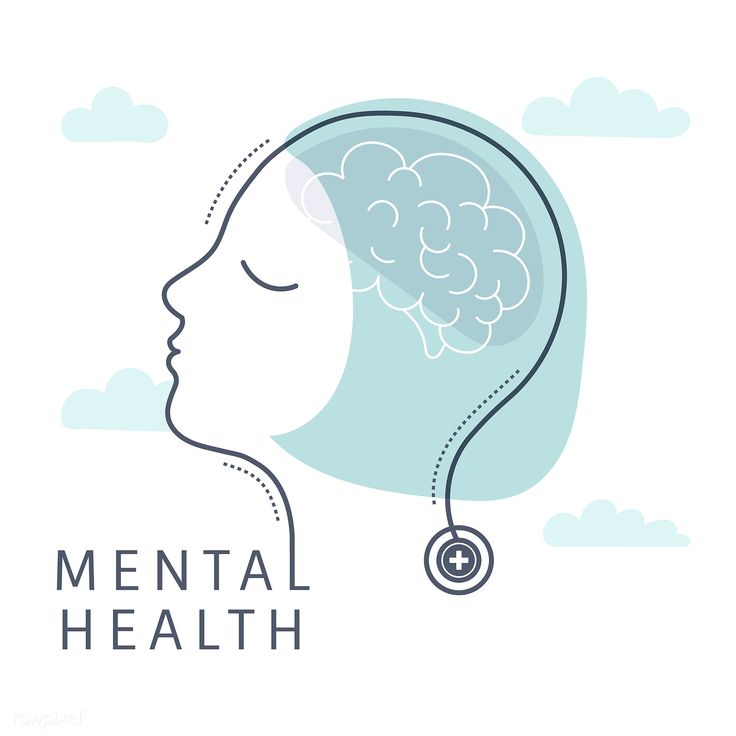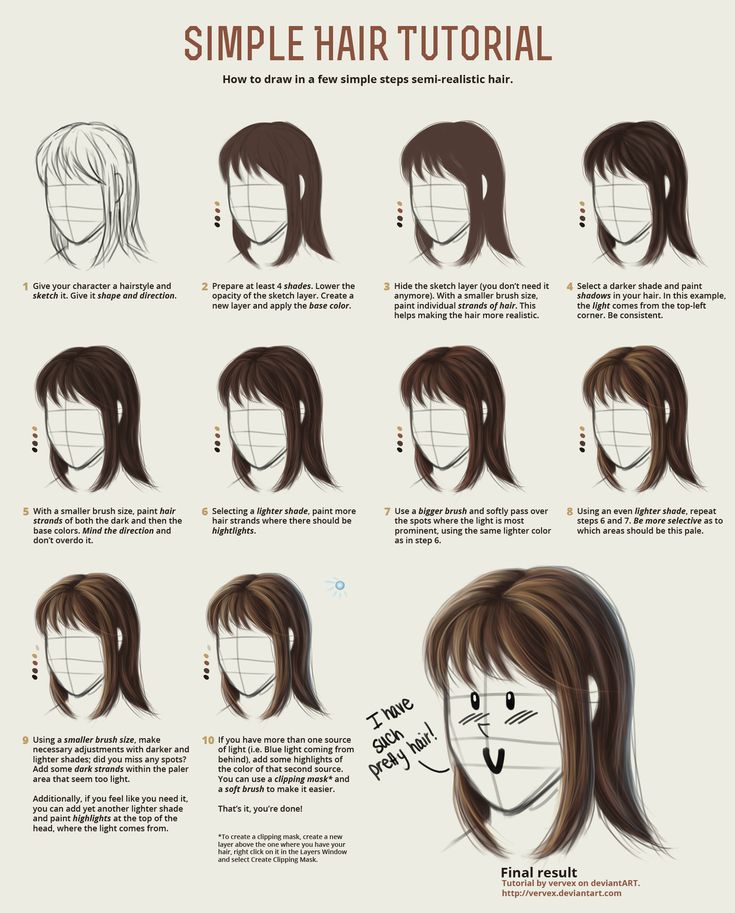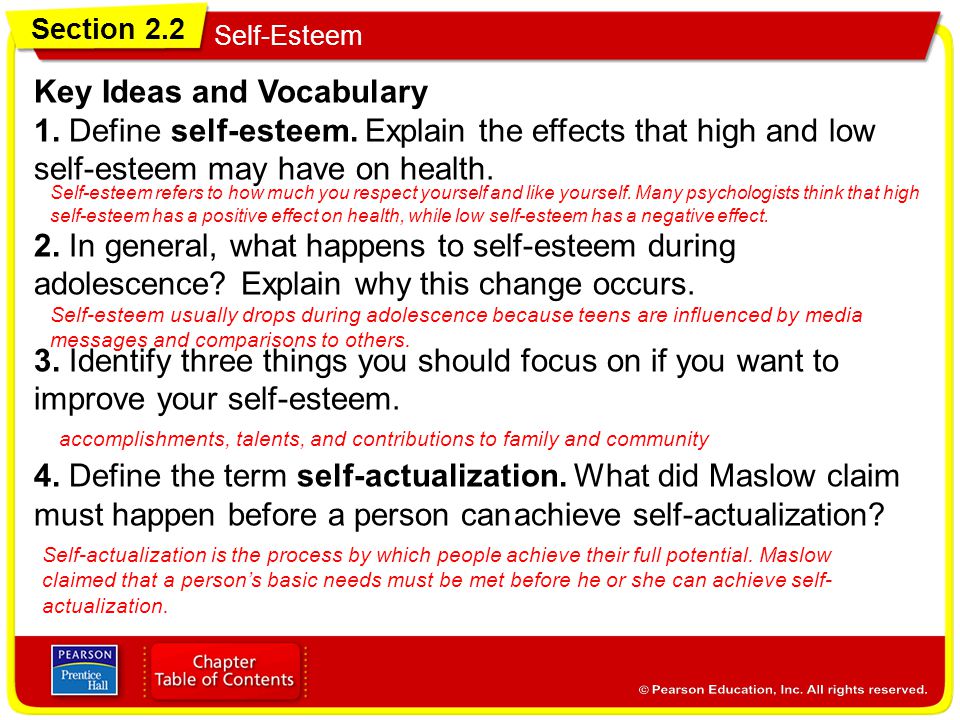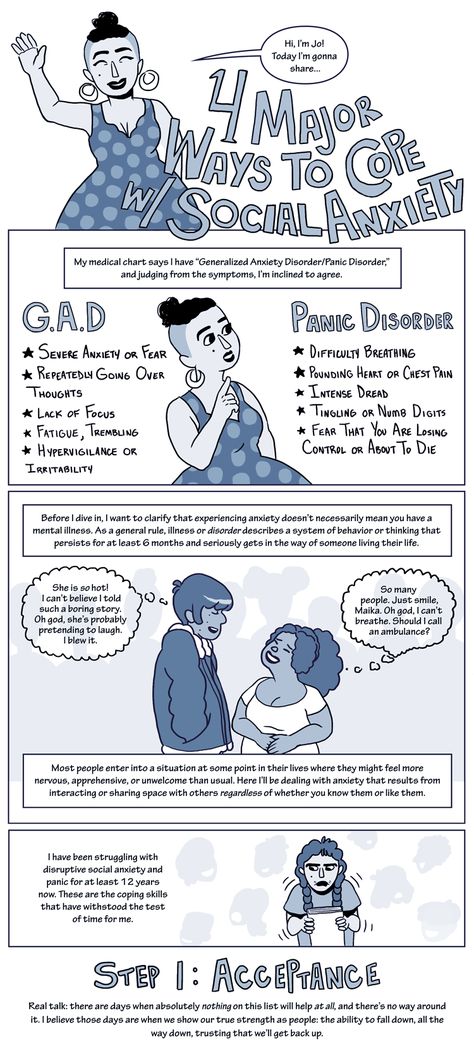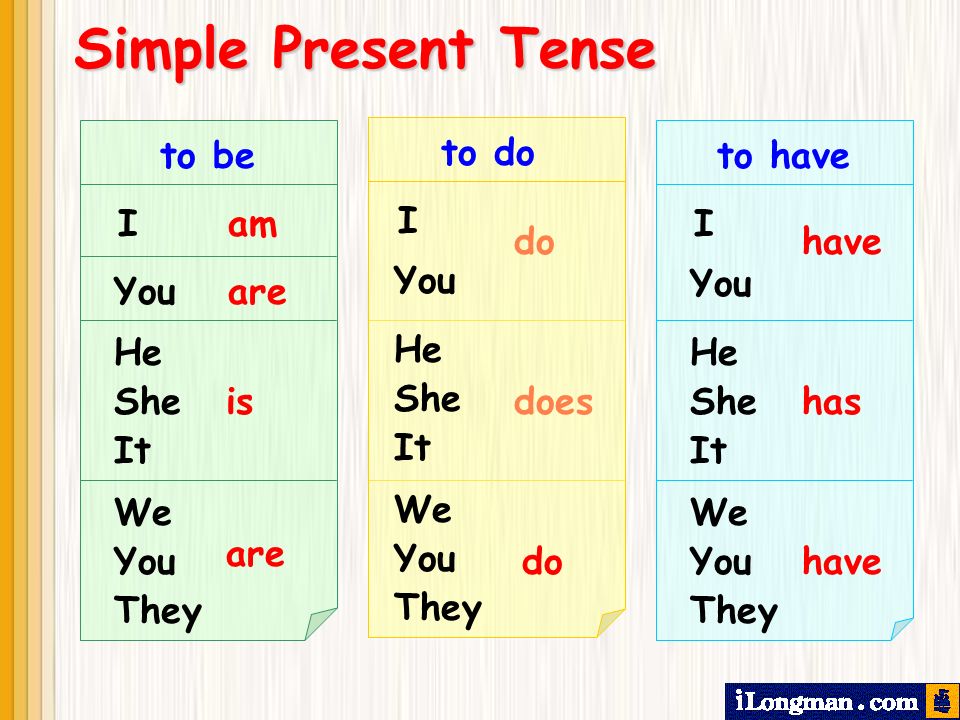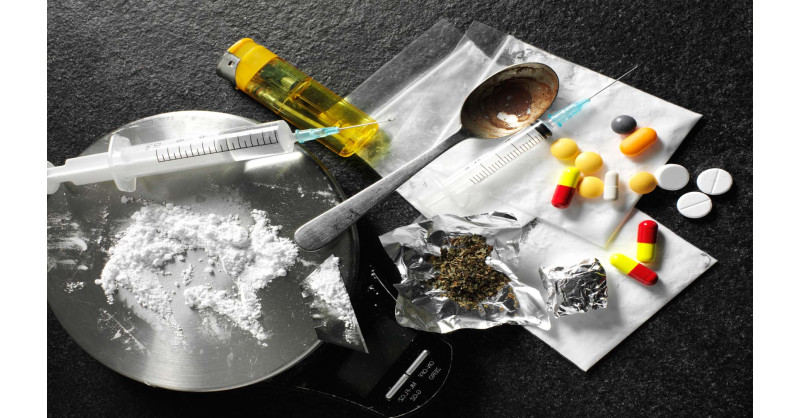Mental health and probation
What Is Mental Health Probation?
MAR. 19, 2021
By Becky Brasfield
Mental health probation is a court sentence that mandates mental health treatment for a defendant pleading guilty to an offense related to a psychiatric episode. Under the supervision of the mental health probation department, the defendant typically serves a minimum of two years of probation and may have specific conditions, such as drug testing or community service.
Mental health probation can be a daunting task, but with the proper support, a person can successfully complete it, recover and go on to live a fulfilling life. Here are the aspects of what a mental health probation looks like:
Mental Health Probation Officer
Each probationer reports to a mental health probation officer assigned by the court and probation department. A mental health probation officer, in addition to their training as a correctional officer, has educational and professional training in either psychology, social work or mental health.
Treatment Plan
At the start of mental health probation, the probationer must see a mental health provider and obtain a treatment plan that must be released to the mental health probation department. The probationer will have to comply with the treatment plan and the probation department will check to see if they are attending the recommended frequency of treatment and hold the person accountable to their treatment plan.
Mental Health Probation Assessment
At the beginning of probation, a person must take an assessment to determine whether they will have to report to their mental health probation officer once or twice per month.
Monthly Reporting
The probation officer gives the probationer a date and time to report each month (or twice a month). If there is a conflict with a pre-set reporting date, the person should talk to their probation officer about it in advance. If they are late reporting in to their probation officer, it can be considered a serious offense and, if it is not resolved, can be termed a “violation of probation” and the person may be cited for a reason for re-arrest and incarceration.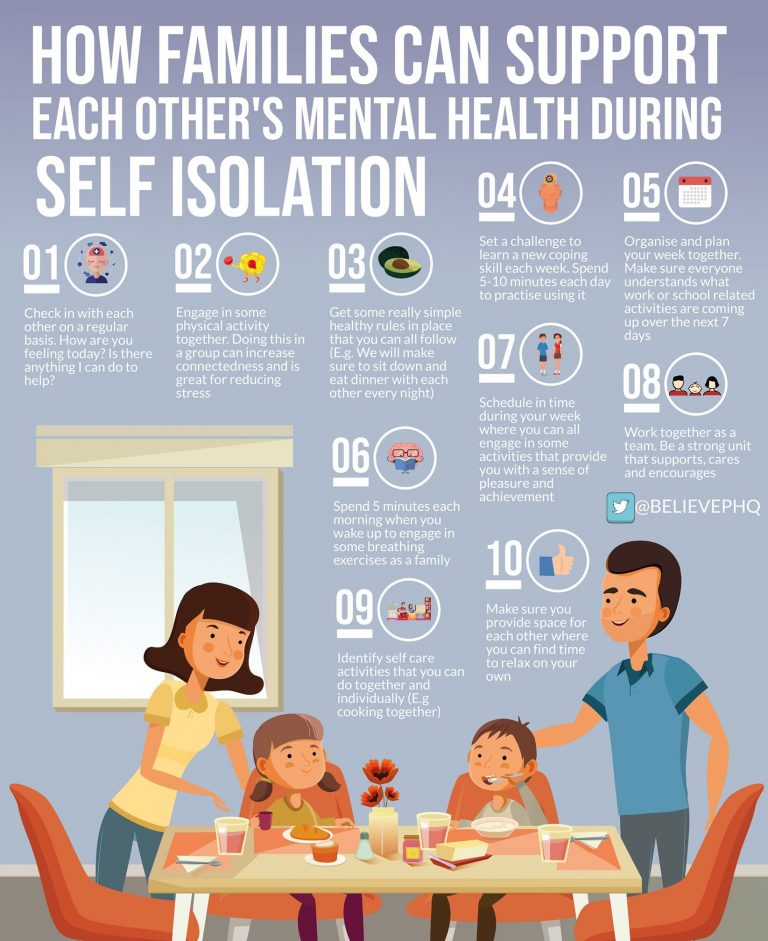
Privacy and Release of Information
Mental health probation is mandated by a court. In other words, a person may switch providers, but has to remain in treatment until the probation period is over. Additionally, during that time, probationers are subject to a lack of certain privacies, such as keeping their treatment information private. In this situation, a probationer is required to release their treatment information to their probation officer.
Medication Management
If the treatment plan recommends medication management, the mental health probation officer will require proof from the probationer of compliance with a medication regimen. In some cases, copies of receipts of filling prescriptions are enough, but in other cases, mental health probation officers will ask for more proof.
Therapy and Psychiatry Appointments
Mental health probation officers will also require proof of attendance at therapy and psychiatry appointments. Documentation may include monthly status updates from the therapist or care manager or weekly appointment letters.
Documentation may include monthly status updates from the therapist or care manager or weekly appointment letters.
Fees
When a person is sentenced to mental health probation, there are usually court costs and probation fees associated with the sentence. They can range from a few hundred dollars to thousands of dollars.
Some courts and probation departments will adjust the fees for low-income clients and arrange a payment plan. However, judges determine whether a probation can be completed and fees are typically a condition of completion. This can be extremely difficult for people surviving without employment or on social security income.
Home Visits
Probationers may experience an unannounced home visit to ensure that they actually live at the location provided to the probation department.
Court Dates
Most people no longer have court dates after being sentenced to mental health probation except at the end of their probation. However, some people have to do progress reports in court, which can be very stressful. If they are reporting to a mental health probation officer and complying with the terms of the probation, their status updates in court should be successful.
However, some people have to do progress reports in court, which can be very stressful. If they are reporting to a mental health probation officer and complying with the terms of the probation, their status updates in court should be successful.
Mental Health Probation vs. Regular Probation
Mental health probation can give helpful context to a legal situation to explain that a person did not have criminal intent, but, instead, did not receive proper treatment at the time of an incident. When people understand the challenges related to having an untreated mental health condition, they can understand that having a medical problem doesn’t make you a criminal. However, the downside is that mental health probation involves more supervision than regular probation and a different level of reporting and loss of privacy.
Mental health courts are becoming more popular, but until we can fully decriminalize mental illness, we should learn as much about the existing system as we can to help people successfully navigate the process.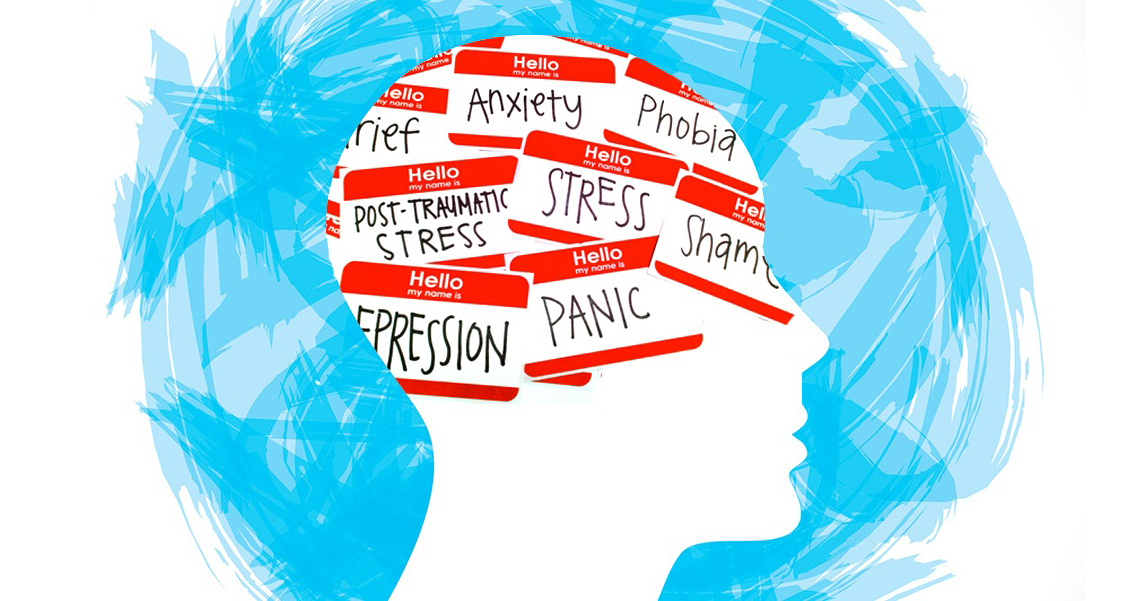
Becky Brasfield is a certified recovery support specialist and mental health advocate in Chicago. She has been volunteering with NAMI Chicago since 2013 and was a keynote speaker at the 2015 NAMI Light the Darkness Mental Health Awareness gala.
Please note: The NAMI Blog features the voices of people impacted by mental illness and offers a space for information to be shared. The content, views and opinions published in blogs belong solely to their respective authors and do not necessarily reflect the views of NAMI, its management or employees. For more information see Terms of Use.
We’re always accepting submissions to the NAMI Blog! We feature the latest research, stories of recovery, ways to end stigma and strategies for living well with mental illness. Most importantly: We feature your voices.
Check out our Submission Guidelines for more information.
LEARN MORE
Chapter 3: Mental Health Treatment (Probation and Supervised Release Conditions)
Main content
A.
 Statutory Authority
Statutory Authority Under 18 U.S.C. § 3563(b)(9), the court may provide that the defendant “undergo available medical, psychiatric, or psychological treatment, including treatment for drug or alcohol dependency, as specified by the court, and remain in a specified institution if required for that purpose.”
B. Sample Condition Language
You must participate in a mental health treatment program and follow the rules and regulations of that program. The probation officer, in consultation with the treatment provider, will supervise your participation in the program (provider, location, modality, duration, intensity, etc.). [[You must pay the costs of the program.] [You must pay [$___ per ___ (e.g., visit, week, month)] or [___ % of the costs of the program.]]
You must take all mental health medications that are prescribed by your treating physician. [[You must pay the costs of the medication.] [You must pay [$___ per ___ (e.g., week, month)] or [___ % of the costs of the medication.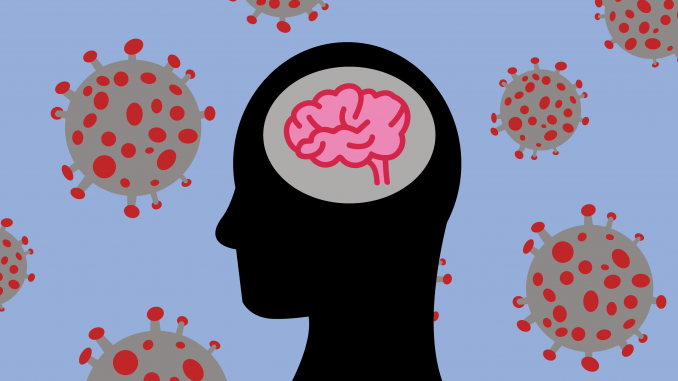 ]]
]]
C. Purpose
- This condition serves the statutory sentencing purposes of public protection and rehabilitation. 18 U.S.C. § 3553(a)(2)(C) and (D).
- This condition enables the probation officer to satisfy the statutory requirements to keep informed as to the conduct and condition of the defendant, report the defendant’s conduct and condition to the sentencing court, and aid the defendant and bring about improvements in his or her conduct and condition. 18 U.S.C. §§ 3603(2)-(3).
- Social science research suggests that correctional interventions that follow the principles of evidence-based practices (e.g., the risk principle, the need principle, and the responsivity principle) promote positive change in the defendant and reduce the probability of recidivism. According to the responsivity principle, interventions should be delivered in a style and mode that is specifically responsive to the learning styles and abilities of defendants. Defendants with mental health disorders may have different learning styles and thus respond more readily to some techniques than others.
 Mental health disorders may be a barrier to effective correctional intervention (see: Chapter 1, Section III(A)(1)).
Mental health disorders may be a barrier to effective correctional intervention (see: Chapter 1, Section III(A)(1)). - Social science research indicates that people diagnosed with a mental health disorder and no substance abuse issues are no more likely to become violent than the general population. Nevertheless, there is an ethical responsibility to assist in the improvement of an individual’s stability and ability to function in a deinstitutionalized setting.
- Social science research indicates that people diagnosed with co-occurring disorders (i.e., mental health disorders and substance dependence) show rates of violence greater than the general population.
- Defendants who suffer from mental disorders may be hampered in their ability to respond to supervision requirements, for example, by cognitive impairments, delusions, and side effects from medications. Defendants who suffer from mental disorders often require more intensive monitoring and specialized treatment.
 Supervision may stabilize them so that they do not present a danger to themselves or others and reduce the risk that they will commit future crimes.
Supervision may stabilize them so that they do not present a danger to themselves or others and reduce the risk that they will commit future crimes.
D. Method of Implementation
- Considerations for Recommendation of Special Conditions
- The condition should clearly indicate that the order for evaluation and treatment is a court order or directive and not inadvertently delegate this authority to the probation office. Probation officers should avoid language ordering the defendant to participate in evaluation and/or treatment “if directed by the probation officer.” They should, however, use language that permits the probation officer discretion in determining how, when, and where treatment is to occur.
- The condition should be so worded that the probation officer, in consultation with the treatment provider, can adjust the modality, duration, and intensity of treatment to the risk and needs presented by the defendant.
- When evaluation and treatment services are ordered, defendants should be required to pay for these services to the degree that they are financially able.
 The collection of reasonable co-payments for services meets both administrative and treatment objectives. It provides good stewardship of public money and ensures that limited funding resources are used for maximum benefit. Collection also meets the treatment purpose of providing a symbol for defendants of their investment in the treatment process. Collecting even minimal co-payment supports this latter purpose and has been shown to improve treatment outcomes. It is also important that the wording of the requirement to contribute to the cost of treatment does not inadvertently delegate the establishment of the amount of the co-payment to the probation officer. Districts are encouraged to establish a court-approved sliding scale for treatment services that is responsive to changes in a defendant’s financial circumstances.
The collection of reasonable co-payments for services meets both administrative and treatment objectives. It provides good stewardship of public money and ensures that limited funding resources are used for maximum benefit. Collection also meets the treatment purpose of providing a symbol for defendants of their investment in the treatment process. Collecting even minimal co-payment supports this latter purpose and has been shown to improve treatment outcomes. It is also important that the wording of the requirement to contribute to the cost of treatment does not inadvertently delegate the establishment of the amount of the co-payment to the probation officer. Districts are encouraged to establish a court-approved sliding scale for treatment services that is responsive to changes in a defendant’s financial circumstances. - When medication is ordered by the physician, the defendant must comply with the medication regime. Defendants may experience negative side-effects from psychotropic medications.
 Probation officers cannot allow or give permission to defendants to alter or terminate a medication regime. If negative side-effects are identified, probation officers must report this information to the prescribing physician for follow up.
Probation officers cannot allow or give permission to defendants to alter or terminate a medication regime. If negative side-effects are identified, probation officers must report this information to the prescribing physician for follow up. - There may be cases where defendants have a history of mental health problems, but are nevertheless categorized by an actuarial instrument as low-risk. After a professional assessment has been completed and if treatment is not recommended, the probation officer should consider requesting that the court remove or suspend the special condition.
- Correctional Interventions and Strategies
- A mental health disorder is a condition in which a defendant exhibits behaviors or feelings that deviate substantially from the norm. Mental health disorders may range from anxiety and depression to more chronic disorders such as bipolar disorder and schizophrenia.
- The supervision demands of defendants with mental health disorders may require additional monitoring and supervision, specialized treatment, more flexibility and patience on the part of the probation officer, and communications strategies that are firm yet non-confrontational.

- Depending on the type and severity of the problem, defendants with mental health disorders may present a danger to themselves, family members, the probation officer, and/or the community and may be limited in their ability to associate actions with consequences and/or to conform their behavior to meet supervision objectives and expectations.
- The American Psychiatric Association’s Diagnostic and Statistical Manual of Mental Disorders, Fifth Edition defines the symptoms and behaviors of mental disorders. This manual is the authority in classifying mental health disorders. Probation officers working with defendants with mental health disorders should be familiar with this manual to help them interpret information found in psychiatric or psychological evaluation reports, communicate with treatment providers, and identify individuals with mental disorders.
- For individuals who are released to the community after a period of detention or imprisonment, case planning should start as soon as the probation officer receives the case.
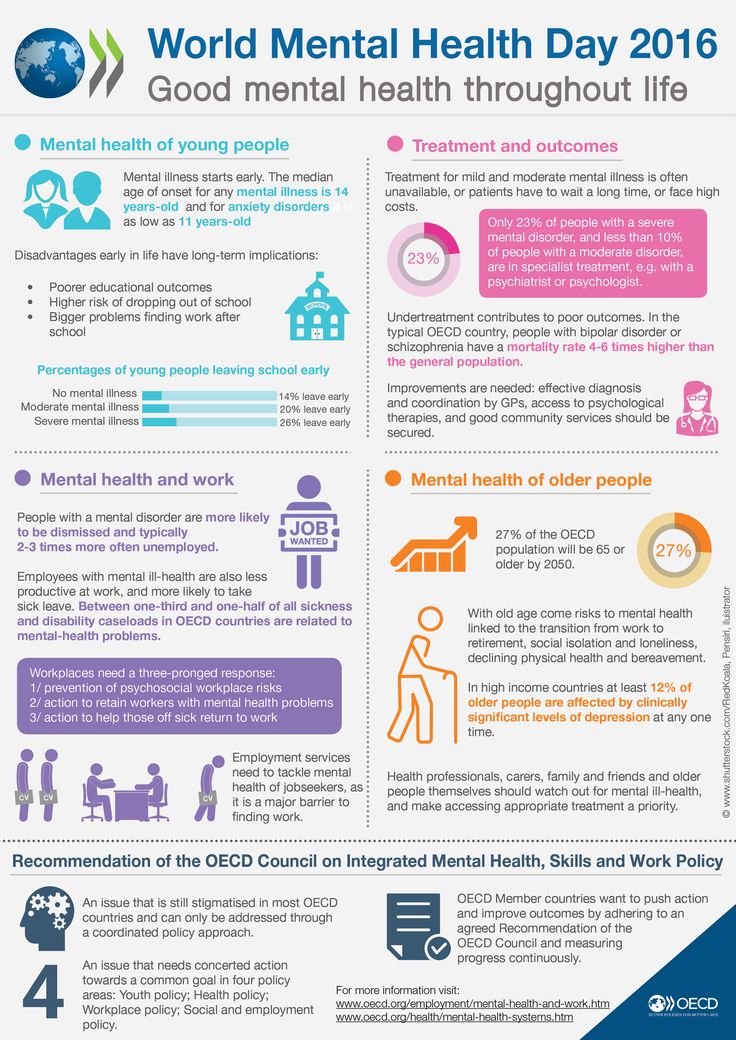 Attempts should always be made to ensure a seamless transition so the continuum of care is not broken. This is especially important when managing a mental health treatment case. The unique needs of the mental health defendant must be considered, such as medication management, availability of psychiatric treatment, and past relationships with therapeutic providers.
Attempts should always be made to ensure a seamless transition so the continuum of care is not broken. This is especially important when managing a mental health treatment case. The unique needs of the mental health defendant must be considered, such as medication management, availability of psychiatric treatment, and past relationships with therapeutic providers. - Reentry planning is especially important for defendants requiring ongoing psychotropic medication management. Defendants being released from the Bureau of Prisons should have up to a 60-day supply of all medications currently prescribed. Probation officers must make appropriate referrals for evaluation and treatment to ensure that the defendant will be provided with prescriptions for medications as needed.
- A thorough understanding of the defendant’s mental health issues and current status is an essential first step in establishing an effective supervision plan. Developing this understanding may require two processes: screening and assessment.
 The screening process places the defendant in one of two categories – a well-documented mental health disorder or an uncertain mental health disorder. Defendants who come to supervision with a recent and well-documented history of mental health disorder(s) do not require an initial screening. Using the available documentation, the probation officer can make decisions about further assessment. Defendants who come to supervision with indications of a mental health disorder or a distant history of a mental health disorder, but no special condition for mental health services, may require the administration of a validated screening instrument. This screening can be conducted by a probation officer using a validated instrument or by a qualified mental health professional. When screening and/or other case information indicates the possibility of a mental health disorder, a clinical assessment by a clinician is typically the next step in the correctional intervention process.
The screening process places the defendant in one of two categories – a well-documented mental health disorder or an uncertain mental health disorder. Defendants who come to supervision with a recent and well-documented history of mental health disorder(s) do not require an initial screening. Using the available documentation, the probation officer can make decisions about further assessment. Defendants who come to supervision with indications of a mental health disorder or a distant history of a mental health disorder, but no special condition for mental health services, may require the administration of a validated screening instrument. This screening can be conducted by a probation officer using a validated instrument or by a qualified mental health professional. When screening and/or other case information indicates the possibility of a mental health disorder, a clinical assessment by a clinician is typically the next step in the correctional intervention process. - The type of treatment that is provided to a defendant can make a significant difference in the degree of success that is realized.
 The goal is to match the defendant to a treatment that best addresses his or her risk and needs. Probation officers are responsible for being sufficiently knowledgeable about mental health disorders and available mental health services. The probation officer acts as a broker of services for defendants with mental health disorders.
The goal is to match the defendant to a treatment that best addresses his or her risk and needs. Probation officers are responsible for being sufficiently knowledgeable about mental health disorders and available mental health services. The probation officer acts as a broker of services for defendants with mental health disorders. - The mental health provider decides the particular treatment approach. The treatment plan should be collaboratively developed by the treatment provider, the probation officer, and the defendant. It should address the modality, intensity, and anticipated duration of treatment. Although the development of the treatment plan is a collaborative process, the probation officer is ultimately responsible for ensuring that the provider is aware of any changes in the defendant and his or her environmental, social, and/or supervision status.
- In keeping with the underlying supervision philosophy of proportional intervention (see: Chapter 1, Section II(C)(1)), it is important that the intensity of treatment match the specific treatment needs of a defendant.
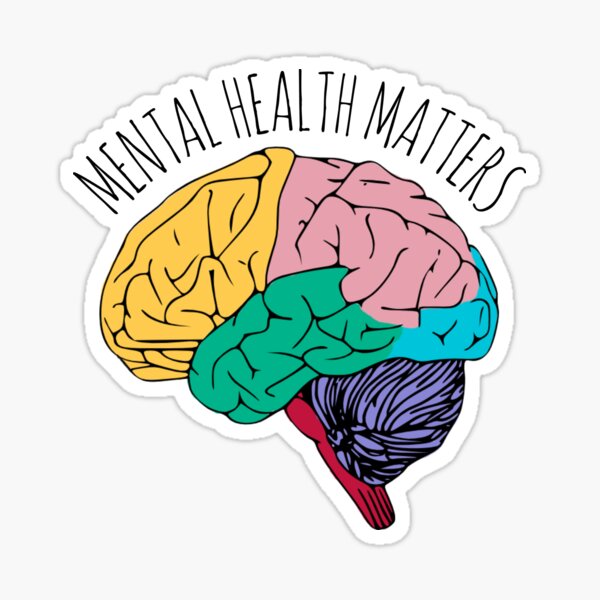
- Once a treatment referral is initiated, the probation officer should arrange a meeting with the defendant and the clinician. During this initial meeting, an individualized treatment plan should be developed that clearly outlines the goals and objectives of treatment and the methods that will be used to achieve those goals. The defendant should use this meeting to address any concerns the defendant has and help strengthen the relationship between the defendant and the clinician. The probation officer should clearly state his or her role in monitoring the treatment plan.
- Defendants with co-occurring disorders (i.e., mental health disorder and substance dependence) should receive services in an integrated fashion. When receiving integrated treatment services, defendants’ needs are treated by the same clinician and/or team in the same location. When an integrated treatment approach is not available, it is essential that the officer ensure effective communication and consistency between treatment providers.

- Counseling alone is not always effective. Medication-assisted treatment may provide the necessary symptom stabilization to improve the success of treatment. These medications must be prescribed by a psychiatrist, other medical doctor, or a qualified practitioner with prescriptive authority. Probation officers should be familiar with the intended effects and side effects of medications taken by the defendants they supervise. Probation officers should contact the prescribing physician or pharmacy for information regarding medication uses, side effects, and potential problems.
- Probation officers are to use positive incentives to encourage prosocial behavior and reinforce progress toward objectives. The usefulness of positive incentives should not be underestimated. Research indicates that rewards are more effective than sanctions at influencing long-term behavior change. Incentives must be implemented in a swift, consistent, and graduated manner. Incentives are provided by adding a positive reinforcement or taking away an existing sanction or restriction.
 Probation officers must modify supervision plans to reflect earned achievement incentives, such as reduced restrictions or less frequent contact.
Probation officers must modify supervision plans to reflect earned achievement incentives, such as reduced restrictions or less frequent contact. - Although defendants diagnosed with mental health disorders are no more violent than the general population, when a defendant begins to show signs of decompensation, his or her risk of violence may increase. If the probation officer observes or receives information that a defendant is exhibiting behavior consistent with mental health decompensation, the probation officer must take steps to ensure the safety of the defendant, the community, and himself or herself.
- Probation officers must always take threats of violence against themselves or others seriously and must respond immediately to any indication that the individual may be suicidal or homicidal. The probation officer’s role in any mental illness decompensation leading to threats of violence is to ensure the safety of the defendant, the community, and himself or herself.
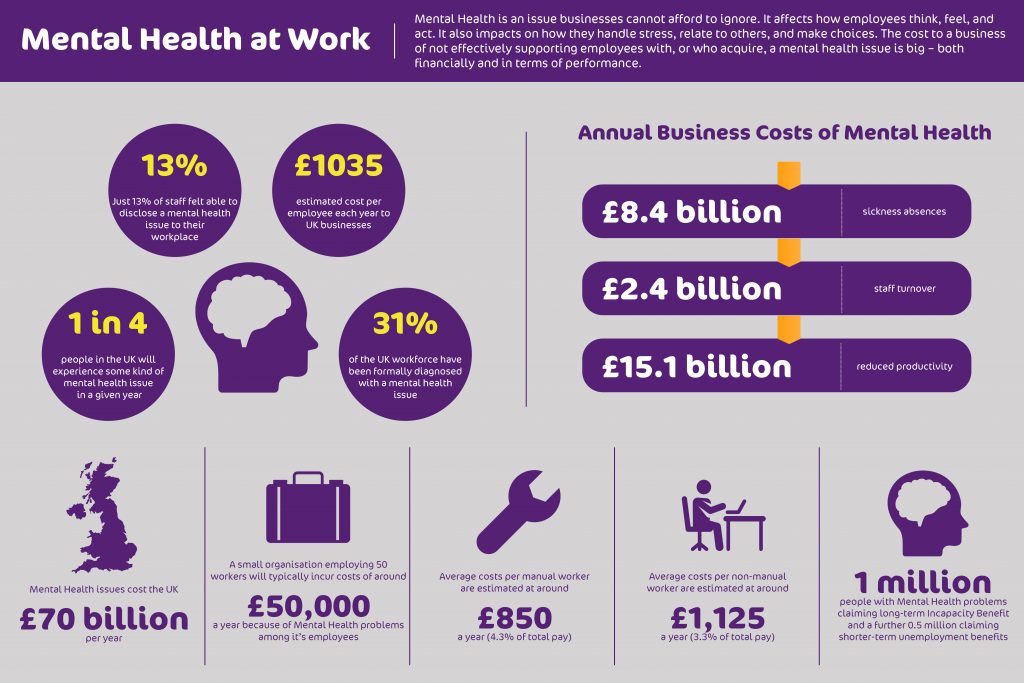 The strategies include ceasing home contacts, notifying the local mental health crisis unit or local police department for a health and welfare check (e.g., to assess for emergency mental health commitment), notifying the treatment provider, and notifying any third party at risk.
The strategies include ceasing home contacts, notifying the local mental health crisis unit or local police department for a health and welfare check (e.g., to assess for emergency mental health commitment), notifying the treatment provider, and notifying any third party at risk. - To assist the defendant in transitioning from a formal treatment relationship to a community-based aftercare program that is managed by the defendant and monitored by the probation officer, the probation officer should be aware of community-based programs and services that aim to help defendants with treatment needs or provide support. Ongoing communication with the defendant’s social network is essential after formal treatment services conclude to ensure that the defendant is in compliance with the aftercare plan in the community.
How to survive probation | DOU
The psychological state of a novice programmer on probation is similar to the mood of a first-year student who has not yet passed a single session and is more than anything else afraid of dropping out of the university.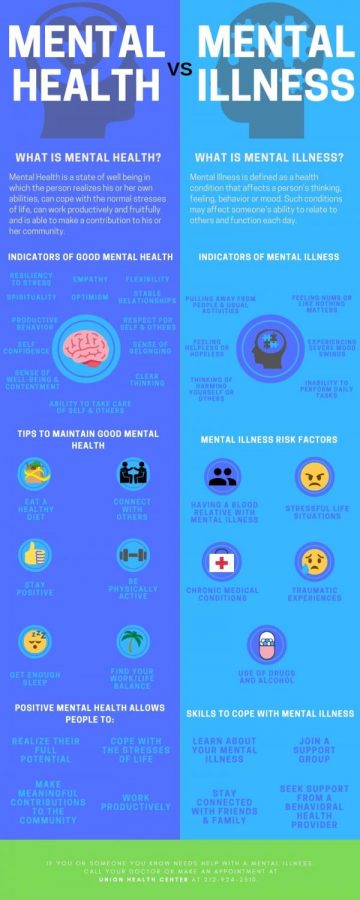
Species Nubus studenticus (lat. - Noobus studenticus - ed. note) is clearly visible by bulging eyes and the habit of moving in flocks - it seems to them that it is safer this way. After the first session, it turns out that you can survive. In the second year, self-confidence appears, which grows stronger every year until graduation.
Similar metamorphoses are also taking place in the ranks of novice programmers: the first trial period is the most exciting. When a person reaches a certain professional level (aka a high programmer), such questions worry him much less. Everything is quite predictable with him: you enter the project, you start to slowly do tasks - and even the very moment of successful completion of the trial period passes almost unnoticed. Isn't this Jun's dream?
But not only a beginner can fail the probationary period. After all, the level of technical skills does not play a decisive role. How many sensible but pretentious programmers I have seen who were asked to leave after a month, or those brainy nuggets who themselves understood that they did not belong in this company, and dumped after a couple of weeks - and this is with high salaries and the traditional lack of specialists in the IT market! And I saw the same number of programmers and testers who objectively "do not pull", but they are trained and pulled out, because:
- they want to learn,
- it is comfortable to work with them.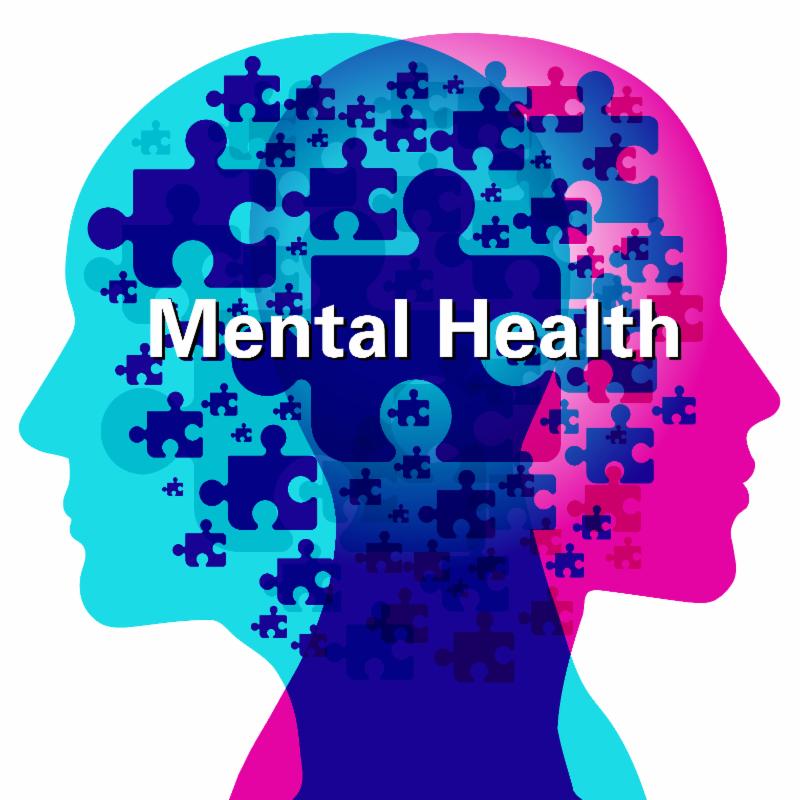
This is an important rule that even venerable Chelyabinsk cowboys sometimes forget: "They hire not the smartest, but those with whom it is pleasant to deal with" . Moreover, this is “nice” for each team in its own way.
The first trial period everyone lives in their own way, like the first session. Someone is nervous, someone is trying to please, everyone is trying, but not everyone understands all the benefits of a trial period. I'm not talking about the advantages of the jun position. Whereas the whole point is to squeeze the maximum out of your situation. Let's go in order.
Credit of trust
At the very beginning, you can make a lot of mistakes - this does not depend on the label "joon" or "middle". And this is a good way to hit the bumps and learn something. But, of course, if you do not support the credit of trust with completed tasks or, in the case of a junior, at least hopes for effective work in the near future, it will be less and less every week.
You should also use credit to connect with programmers, testers, sysadmins, and even cleaners - all the people with whom you will interact. Newcomers are treated condescendingly and kindly, it's a sin not to use it.
Questions
One of the main omissions of many silent or especially shy newcomers is that they don't ask questions. In those first days at work, which should be spent figuring out the state of affairs and the architecture of the project, they try to look smart and pretend that everything is under control. But this is a goldmine for a junior - where the middle would be ashamed to ask, the junior has a head start: he is allowed the most stupid questions.
So the principle "silence is golden" only gets in the way here. Many things on the project that are obvious to the "grandfathers" or accepted in the code conventions team may not coincide with what our budding keyboard cowboy imagined. The sooner you figure it out, the less you have to rewrite later.
If something is not clear, ask any person who can potentially provide an answer. Even if he is from a different team, even if he is on a different project, and even if he is an air conditioner. You never know who, where and what worked.
By the way, since a lot of information is usually collected in the first days, it would be a good idea to write down the key points in a notebook.
Mentor
Not every team has a mega-mind with the skills and desire to teach, but if there is one, you should snuggle up to him, like DiCaprio to Kate Winslet in the movie Titanic. There is nothing better than a passionate fan who has all the answers. And although a person who lives by his own business is, of course, a godsend, but you should not get hung up on it alone: there are a lot of people around who may be less fanatical and experienced, but they are definitely smarter than you, which means they can become yours mentors for at least a couple of minutes. If you are the smartest person in the room, then you are in the wrong room.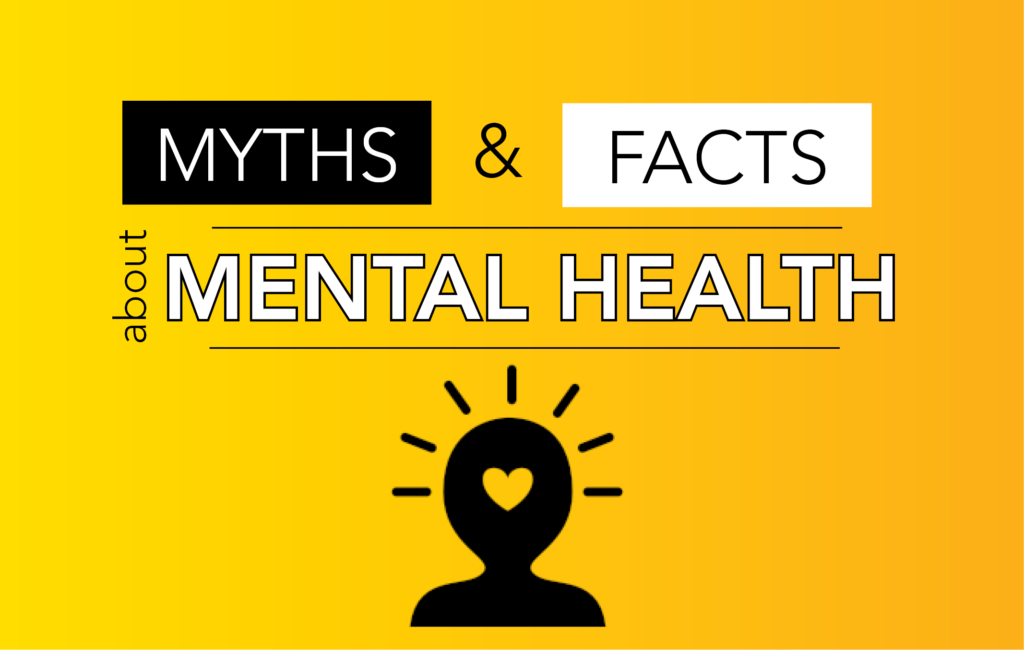
Discord
A person on probation may feel like an inferior member of the team, there is less weight in his words. Therefore, in disputes, you need to bracket all titles and try to conduct a constructive dialogue, even if you don’t want to. Because an argument is also a provocation, which allows not only to fish out useful information, but also to push the interlocutor to certain thoughts. It is better to look like an idiot than obsequiously remain silent and not warn a potential bug that you yourself will have to fix later. So you should remember about folk traditions: they trade on the market, they argue at the whiteboard.
Nerves
The first days/weeks at work can be dreary. I know one junior who even six months later continued to be very nervous if his code did not work on production or if the execution of a task was delayed. Sometimes you can do something about it - for example, go to the main one and say: "so, they say, and so, I don't know what to do.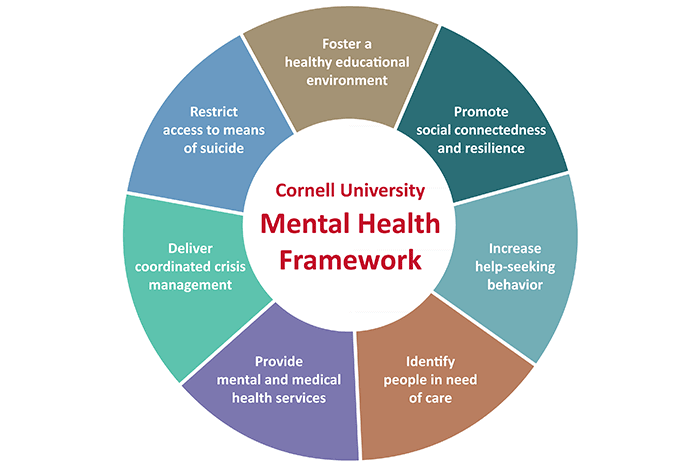 " If you walk around in the uniform of a junior, then you will not only be forgiven and offered several solutions, but they will also feed you, give you tea, and even give you a smart book. If the credit of trust has already been exhausted, then at least the boss will appreciate honesty and directness and either help or transfer the task to another person. In any case, it will be his problem.
" If you walk around in the uniform of a junior, then you will not only be forgiven and offered several solutions, but they will also feed you, give you tea, and even give you a smart book. If the credit of trust has already been exhausted, then at least the boss will appreciate honesty and directness and either help or transfer the task to another person. In any case, it will be his problem.
Mood
A positive attitude improves performance - that's a fact. But for beginners, there is a situation of a vicious circle, when everything is bad, and therefore the mood deteriorates, and therefore things go badly. This is a terrible, dreary feeling when you leave work in the evening with nothing (you live life in vain). A military trick will help to break this vicious circle, for which you need to take some small task, make it and commit. Even if for this you need to invent it yourself. Even if it is a couple of additional comments, a reformatted log entry, or a renamed variable. Any useful, working and comical trifle will cheer you up. The feeling of a work flow will again appear, and on this wave, with a good mood, it will already be possible to do something more serious. Optimism (constant good mood) is especially important for juniors, who at the first stages will have to rake out tons of annoying mistakes.
Any useful, working and comical trifle will cheer you up. The feeling of a work flow will again appear, and on this wave, with a good mood, it will already be possible to do something more serious. Optimism (constant good mood) is especially important for juniors, who at the first stages will have to rake out tons of annoying mistakes.
Try first, ask for help later
The so-called 15-minute rule not only makes life easier for a beginner, but also saves many man-hours for the company. The point is not to stick too long on an unsolvable problem. If a solution cannot be found in 15 minutes, it is worth writing down or remembering all the approaches tried, and only then go to the elder. Why record? He will ask you: “Did you do this?”, “Did you look at the logs?”, “Did you try it through another interface?”. So, in order not to run back and forth two or three times and not to unnerve people who already have their own work, it is worth making petitions for humanitarian coding refuge as effective as possible.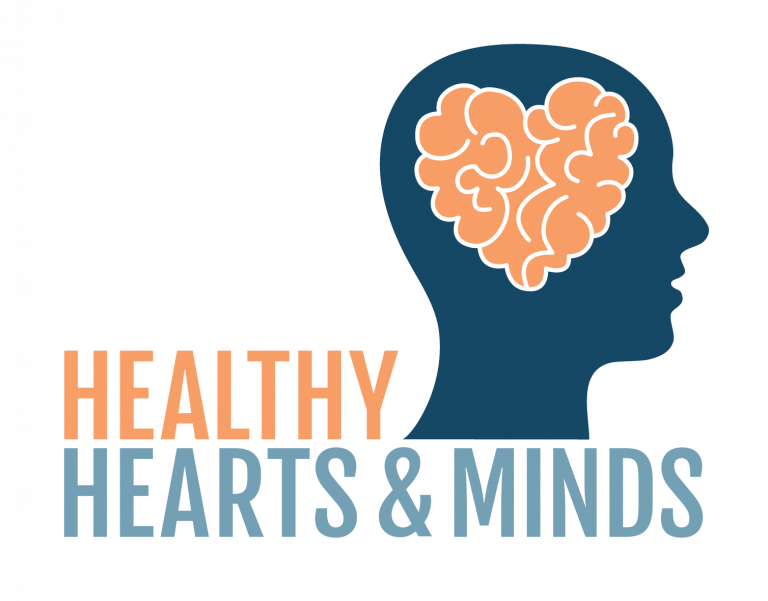 You go up to the table, scuff the carpet with your knives, click your heels and report, “So, so-and-so, so-and-so, so-and-so tried the first or tenth and got stuck. I have the honor to ask for help."
You go up to the table, scuff the carpet with your knives, click your heels and report, “So, so-and-so, so-and-so, so-and-so tried the first or tenth and got stuck. I have the honor to ask for help."
This is generally one of the typical problems for beginners. They don't always know how to ask for help when they need it. Shy, afraid. “How so? I am a lone hero who will do everything and decide on his own.” As a result, one of the most important advantages of working in an office is lost - the opportunity to ask for advice from another head that thinks differently than yours.
Therefore, any samurai programmer, no matter how cool he may be, should still keep in mind the global picture of the team's mission and remember that the most important thing is the end result of the team, and not an individual genius. Understanding this, beginners would not strive to prove their competence at all costs, throwing tens and hundreds of man-hours into the dump of unsuccessful dead-end decisions.
But a probationary period is not only a good opportunity to bombard the whole team with a bunch of stupid questions and, thereby, leave a memory of yourself for centuries. This is also a great chance to find out what's what in a new team. What was not caught during the interview with HR will surface and become noticeable in these couple of months. Intrigues and gossip, acquaintances and connections - who knows what will come in handy in later life. But the most important thing is, of course, experience. There is nothing better than sitting with another programmer and learning how he thinks. And if the company does not use pair-programming, then during the trial period you can try to bend your line under the sauce of "transferring knowledge about the project". Then it will be possible to squeeze the maximum out of this situation - and it will no longer be scary, even if at the end of the term you will be trampled out of the company with magic brooms. But they won't trample? What a darling you are.
I dedicate this article to the Komsomol-athlete Olya, who today is her first day as a Junior Java developer. Olya, remember the 15-minute rule!
Everything about Ukrainian IT in Telegram — subscribe to the editorial channel DOU
Topics: junior
Is it possible to have a suspended sentence under Part 1 of Art. 111 of the Criminal Code of the Russian Federation? - Lawyer in Samara and Moscow
Hello, I have a problem, I am being charged under Art. 111 part 1 of the Criminal Code of the Russian Federation and I pleaded guilty and only after I asked for the help of a lawyer, is there a chance for a conditional? Thanks in advance
Lawyer Lebedev Z.S.
Good afternoon! According to part 1 of article 111 of the Criminal Code, intentional infliction of grievous bodily harm, dangerous to human life, or resulting in loss of vision, speech, hearing or any organ or loss of its functions by an organ, abortion, mental disorder, drug addiction or substance abuse, or expressed in indelible disfigurement of a person, or caused a significant permanent loss of general ability to work by at least one third, or, knowingly for the perpetrator, a complete loss of professional ability to work -
is punishable by imprisonment for up to eight years.
According to Article 73 of the Criminal Code, if, after imposing correctional labor, restriction on military service, detention in a disciplinary military unit or deprivation of liberty for up to eight years, the court comes to the conclusion that it is possible to correct the convict without actually serving the sentence, it decides to consider the sentence conditional punishment. Conditional sentence shall not be imposed:
a) convicted of crimes against the sexual inviolability of minors under the age of fourteen;
a.1) convicted of the crimes provided for by parts one and two of Article 205.1, Article 205.2, part two of Article 205.4, parts one to three of Article 206, Article 360 of this Code;
b) when committing a grave or especially grave crime during a probation period with a conditional conviction imposed for committing an intentional crime, or during the unserved part of the punishment imposed for committing an intentional crime, in case of parole;
c) in case of a dangerous or especially dangerous relapse.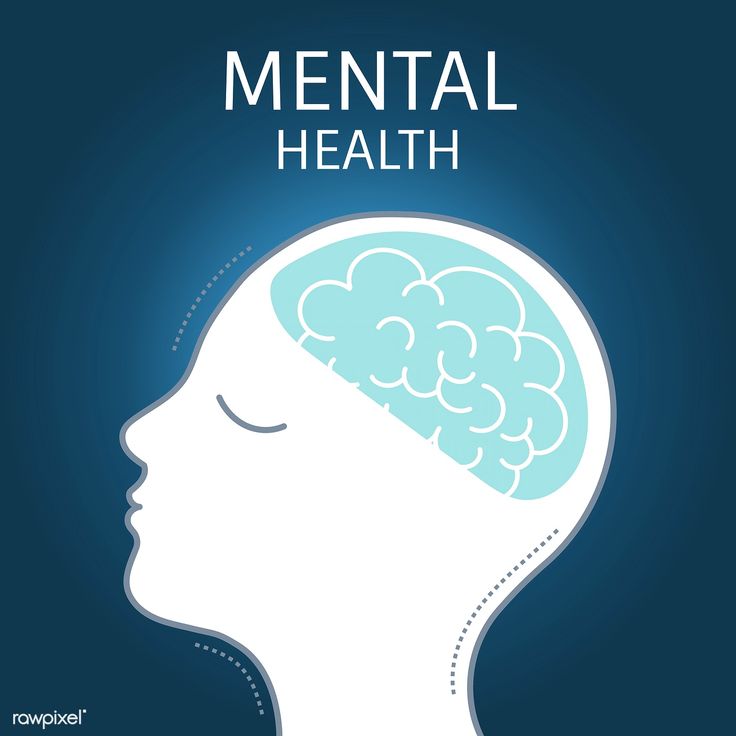
When imposing a suspended sentence, the court takes into account the nature and degree of social danger of the committed crime, the identity of the perpetrator, including mitigating and aggravating circumstances.
Probationary periods that have not expired on the date of entry into force of Federal Law No. 33-FZ of March 29, 2010 shall be calculated in accordance with the procedure established by Article 73 of this Code (as amended by the said Federal Law)
during which the conditionally convicted person must prove his correction by his behavior. In the event of imposition of imprisonment for a term of up to one year or a more lenient type of punishment, the probationary period must be at least six months and not more than three years, and in the case of imposition of deprivation of liberty for a term of more than one year - not less than six months and not more than five years . The probationary period is calculated from the moment the sentence comes into force. The probationary period shall include the time that has elapsed since the day of pronouncement of the verdict.
In case of imposition of punishment in the form of detention in a disciplinary military unit, a conditional probationary period is established within the remaining period of military service on the day of pronouncement of the verdict.
Additional sentences may also be imposed on probation.
The court, when imposing a suspended sentence, imposes on the probationer, taking into account his age, ability to work and state of health, the performance of certain duties: not to change his permanent place of residence, work, study without notifying the specialized state body that monitors the behavior of the probationer, not to visit certain places , undergo treatment for alcoholism, drug addiction, substance abuse or a sexually transmitted disease, work (get a job) or continue education in a general education organization. The court may impose on the conditionally convicted person the performance of other duties that contribute to his correction.
Control over the behavior of a conditionally convicted person is carried out by an authorized specialized state body, and in relation to military personnel - by the command of military units and institutions.
During the probationary period, the court, on the proposal of the body exercising control over the behavior of the conditionally convicted person, may cancel in whole or in part or supplement the obligations previously established for the conditionally convicted person.
According to Articles 61 and 62 of the Criminal Code, mitigating circumstances are:
a) commission of a crime of small or medium gravity for the first time due to a random combination of circumstances;
b) underage of the perpetrator;
c) pregnancy;
d) the perpetrator has minor children;
e) committing a crime due to a combination of difficult life circumstances or for the motive of compassion;
f) committing a crime as a result of physical or mental coercion or due to material, service or other dependence;
g) commission of a crime in violation of the conditions of legality of necessary defense, detention of a person who committed a crime, extreme necessity, reasonable risk, execution of an order or instruction;
h) illegality or immorality of the behavior of the victim, which was the reason for the crime;
i) confession, active contribution to the disclosure and investigation of a crime, the exposure and prosecution of other accomplices in a crime, the search for property obtained as a result of a crime;
j) provision of medical and other assistance to the victim immediately after the commission of the crime, voluntary compensation for property damage and moral damage caused as a result of the crime, other actions aimed at making amends for the harm caused to the victim.
When imposing a sentence, circumstances not provided for by paragraph one of this article may also be taken into account as mitigating circumstances.
If a mitigating circumstance is provided for by the relevant article of the Special Part of this Code as a sign of a crime, it in itself cannot be taken into account again when imposing a sentence.
In the presence of mitigating circumstances provided for in paragraphs "and" and (or) "k" of part one of Article 61 of this Code, and in the absence of aggravating circumstances, the term or amount of punishment may not exceed two thirds of the maximum term or amount of the most severe type of punishment provided for by the relevant article Special Part of this Code.
If a pre-trial agreement on cooperation is concluded in the presence of mitigating circumstances provided for in paragraph "i" of part one of Article 61 of this Code, and in the absence of aggravating circumstances, the term or amount of punishment may not exceed half the maximum term or amount of the most severe type of punishment provided for by the relevant article of the Special parts of this Code.
The provisions of part one of this article shall not apply if the relevant article of the Special Part of this Code provides for life imprisonment or the death penalty. In this case, the punishment is imposed within the limits of the sanction of the relevant article of the Special Part of this Code.
If a pre-trial agreement on cooperation is concluded, if the relevant article of the Special Part of this Code provides for life imprisonment or the death penalty, these types of punishment are not applied. At the same time, the term or amount of punishment may not exceed two thirds of the maximum term or amount of the most severe type of punishment in the form of deprivation of liberty, provided for by the relevant article of the Special Part of this Code.
The term or amount of punishment imposed on a person whose criminal case has been considered in the manner prescribed by Chapter 40 of the Code of Criminal Procedure of the Russian Federation may not exceed two-thirds of the maximum term or amount of the most severe type of punishment provided for the crime committed, and in the event referred to in article 226.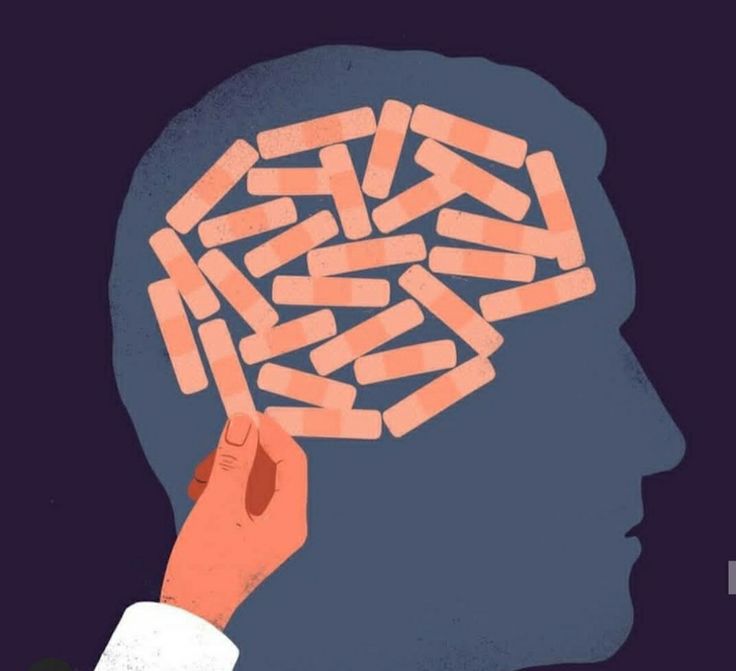 9of the Code of Criminal Procedure of the Russian Federation - one-half of the maximum term or size of the most severe type of punishment provided for a crime committed.
9of the Code of Criminal Procedure of the Russian Federation - one-half of the maximum term or size of the most severe type of punishment provided for a crime committed.
Thus, the appointment of a suspended sentence when committing a crime under Part 1 of Article 11 of the Criminal Code is possible. If you have a mitigating circumstance - an admission of guilt is a mitigating circumstance that will be taken into account when sentencing.
Hello, I have a problem, I am being charged under Art. 111 part 1 of the Criminal Code of the Russian Federation and I pleaded guilty and only after I asked for the help of a lawyer, is there a chance for a conditional? Thanks in advance
Lawyer Lebedev Z.S.
Good afternoon! According to part 1 of article 111 of the Criminal Code, intentional infliction of grievous bodily harm, dangerous to human life, or resulting in loss of vision, speech, hearing or any organ or loss of its functions by an organ, abortion, mental disorder, drug addiction or substance abuse, or expressed in indelible disfigurement of a person, or caused a significant permanent loss of general ability to work by at least one third, or, knowingly for the perpetrator, a complete loss of professional ability to work -
is punishable by imprisonment for up to eight years.
According to Article 73 of the Criminal Code, if, after imposing correctional labor, restriction on military service, detention in a disciplinary military unit or deprivation of liberty for up to eight years, the court comes to the conclusion that it is possible to correct the convict without actually serving the sentence, it decides to consider the sentence conditional punishment. Conditional sentence shall not be imposed:
a) convicted of crimes against the sexual inviolability of minors under the age of fourteen;
a.1) convicted of the crimes provided for by parts one and two of Article 205.1, Article 205.2, part two of Article 205.4, parts one to three of Article 206, Article 360 of this Code;
b) when committing a grave or especially grave crime during a probation period with a conditional conviction imposed for committing an intentional crime, or during the unserved part of the punishment imposed for committing an intentional crime, in case of parole;
c) in case of a dangerous or especially dangerous relapse.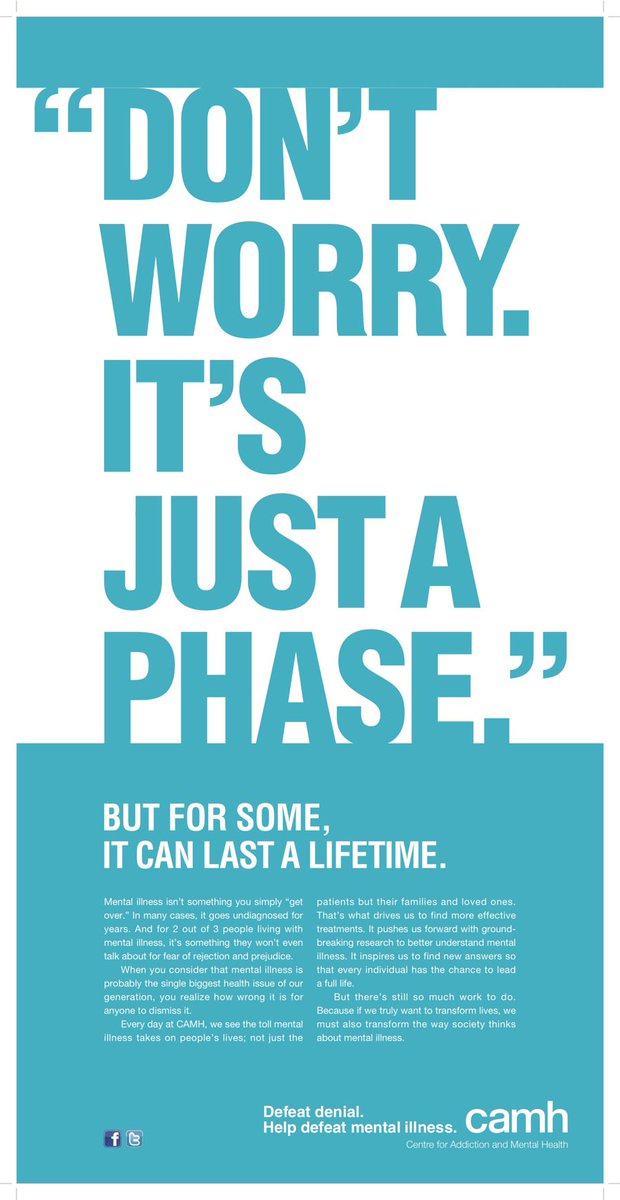
When imposing a suspended sentence, the court takes into account the nature and degree of social danger of the committed crime, the identity of the perpetrator, including mitigating and aggravating circumstances.
Probationary periods that have not expired on the date of entry into force of Federal Law No. 33-FZ of March 29, 2010 shall be calculated in accordance with the procedure established by Article 73 of this Code (as amended by the said Federal Law)
during which the conditionally convicted person must prove his correction by his behavior. In the event of imposition of imprisonment for a term of up to one year or a more lenient type of punishment, the probationary period must be at least six months and not more than three years, and in the case of imposition of deprivation of liberty for a term of more than one year - not less than six months and not more than five years . The probationary period is calculated from the moment the sentence comes into force. The probationary period shall include the time that has elapsed since the day of pronouncement of the verdict.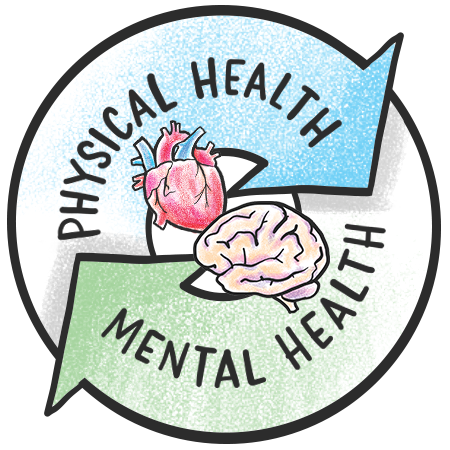
In case of imposition of punishment in the form of detention in a disciplinary military unit, a conditional probationary period is established within the remaining period of military service on the day of pronouncement of the verdict.
Additional sentences may also be imposed on probation.
The court, when imposing a suspended sentence, imposes on the probationer, taking into account his age, ability to work and state of health, the performance of certain duties: not to change his permanent place of residence, work, study without notifying the specialized state body that monitors the behavior of the probationer, not to visit certain places , undergo treatment for alcoholism, drug addiction, substance abuse or a sexually transmitted disease, work (get a job) or continue education in a general education organization. The court may impose on the conditionally convicted person the performance of other duties that contribute to his correction.
Control over the behavior of a conditionally convicted person is carried out by an authorized specialized state body, and in relation to military personnel - by the command of military units and institutions.
During the probationary period, the court, on the proposal of the body exercising control over the behavior of the conditionally convicted person, may cancel in whole or in part or supplement the obligations previously established for the conditionally convicted person.
According to Articles 61 and 62 of the Criminal Code, mitigating circumstances are:
a) commission of a crime of small or medium gravity for the first time due to a random combination of circumstances;
b) underage of the perpetrator;
c) pregnancy;
d) the perpetrator has minor children;
e) committing a crime due to a combination of difficult life circumstances or for the motive of compassion;
f) committing a crime as a result of physical or mental coercion or due to material, service or other dependence;
g) commission of a crime in violation of the conditions of legality of necessary defense, detention of a person who committed a crime, extreme necessity, reasonable risk, execution of an order or instruction;
h) illegality or immorality of the behavior of the victim, which was the reason for the crime;
i) confession, active contribution to the disclosure and investigation of a crime, the exposure and prosecution of other accomplices in a crime, the search for property obtained as a result of a crime;
j) provision of medical and other assistance to the victim immediately after the commission of the crime, voluntary compensation for property damage and moral damage caused as a result of the crime, other actions aimed at making amends for the harm caused to the victim.
When imposing a sentence, circumstances not provided for by paragraph one of this article may also be taken into account as mitigating circumstances.
If a mitigating circumstance is provided for by the relevant article of the Special Part of this Code as a sign of a crime, it in itself cannot be taken into account again when imposing a sentence.
In the presence of mitigating circumstances provided for in paragraphs "and" and (or) "k" of part one of Article 61 of this Code, and in the absence of aggravating circumstances, the term or amount of punishment may not exceed two thirds of the maximum term or amount of the most severe type of punishment provided for by the relevant article Special Part of this Code.
If a pre-trial agreement on cooperation is concluded in the presence of mitigating circumstances provided for in paragraph "i" of part one of Article 61 of this Code, and in the absence of aggravating circumstances, the term or amount of punishment may not exceed half the maximum term or amount of the most severe type of punishment provided for by the relevant article of the Special parts of this Code.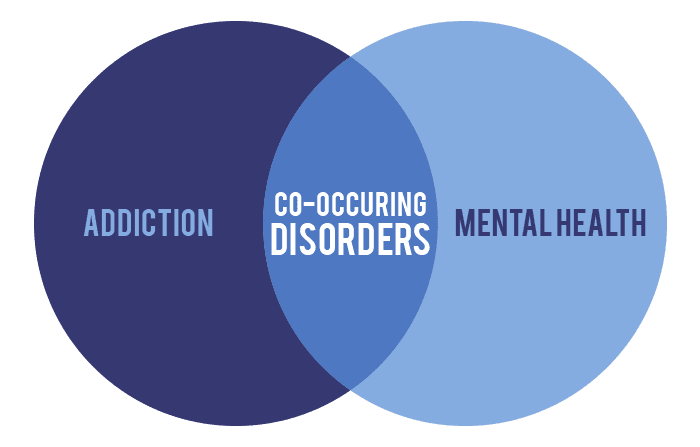
The provisions of part one of this article shall not apply if the relevant article of the Special Part of this Code provides for life imprisonment or the death penalty. In this case, the punishment is imposed within the limits of the sanction of the relevant article of the Special Part of this Code.
If a pre-trial agreement on cooperation is concluded, if the relevant article of the Special Part of this Code provides for life imprisonment or the death penalty, these types of punishment are not applied. At the same time, the term or amount of punishment may not exceed two thirds of the maximum term or amount of the most severe type of punishment in the form of deprivation of liberty, provided for by the relevant article of the Special Part of this Code.
The term or amount of punishment imposed on a person whose criminal case has been considered in the manner prescribed by Chapter 40 of the Code of Criminal Procedure of the Russian Federation may not exceed two-thirds of the maximum term or amount of the most severe type of punishment provided for the crime committed, and in the event referred to in article 226.